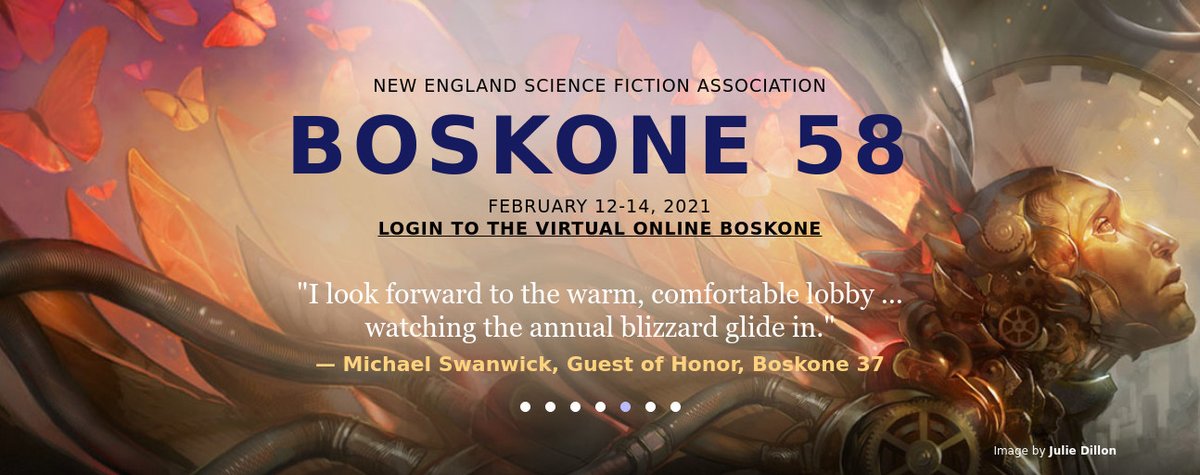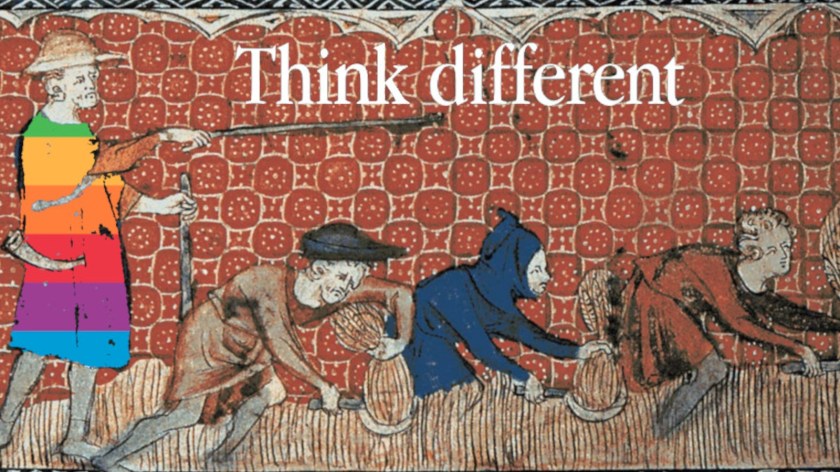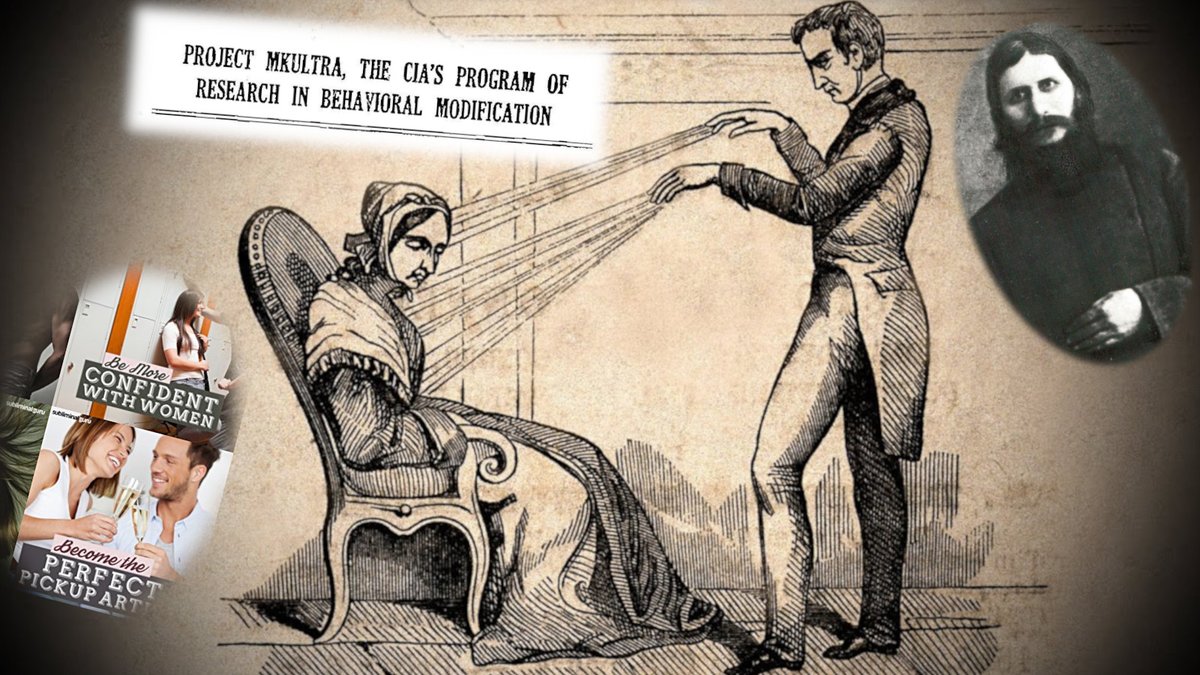
Today's Twitter threads (a Twitter thread).
Inside: Snowden's young adult memoir; Favicons as undeletable tracking beacons; The ECB should forgive the debt it owes itself; Fleet Street calls out schtum Tories; and more!
Archived at: pluralistic.net/2021/02/09/per…
#Pluralistic
1/
Inside: Snowden's young adult memoir; Favicons as undeletable tracking beacons; The ECB should forgive the debt it owes itself; Fleet Street calls out schtum Tories; and more!
Archived at: pluralistic.net/2021/02/09/per…
#Pluralistic
1/

Tonight, I'm helping Ed Snowden launch the young readers' version of his spectacular memoir "Permanent Record." Join us for a livestream event with Copperfield Books on Feb mamot.fr/@pluralistic/1… at 19h Pacific.
eventbrite.com/e/edward-snowd…
2/
eventbrite.com/e/edward-snowd…
2/

Snowden's young adult memoir: The Young Readers' edition of Permanent Record.
3/
https://twitter.com/doctorow/status/1359164623187025923
3/

Favicons as undeletable tracking beacons: F-cache considered harmful.
4/
https://twitter.com/doctorow/status/1359173920549601283
4/

The ECB should forgive the debt it owes itself: Another round of austerity will destroy the European project.
5/
https://twitter.com/doctorow/status/1359187439915438082
5/

Fleet Street calls out schtum Tories: When Paul Dacre and Katharine Viner agree...
6/
https://twitter.com/doctorow/status/1359200689889505282
6/

#15yrsago Canadian Red Cross wastes its money harassing video game makers web.archive.org/web/2006022102…
#15yrsago Our music preferences are driven by the crowd as much as taste livescience.com/7016-science-h…
7/
#15yrsago Our music preferences are driven by the crowd as much as taste livescience.com/7016-science-h…
7/

#15yrsago Disneyland model recreates Yippie invasion of 1970 web.archive.org/web/2007061205…
#10yrsago BBC to delete 172 unarchived sites, geek saves them for $3.99 web.archive.org/web/2011021015…
8/
#10yrsago BBC to delete 172 unarchived sites, geek saves them for $3.99 web.archive.org/web/2011021015…
8/

#5yrsago A digital, 3D printed sundial whose precise holes cast a shadow displaying the current time mojoptix.com/fr/2015/10/12/…
#5yrsago Eviction epidemic: the racialized, weaponized homes of America’s cities newyorker.com/magazine/2016/…
9/
#5yrsago Eviction epidemic: the racialized, weaponized homes of America’s cities newyorker.com/magazine/2016/…
9/

#5yrsago Copyright trolls who claimed to own “Happy Birthday” will pay $14M to their “customers” consumerist.com/2016/02/09/hap…
#5yrsago Australia, the driest country on Earth, eliminates basic climate science research scientificamerican.com/article/austra…
10/
#5yrsago Australia, the driest country on Earth, eliminates basic climate science research scientificamerican.com/article/austra…
10/

#5yrsago Vtech, having leaked 6.3m kids’ data, has a new EULA disclaiming responsibility for the next leak vice.com/en/article/bmv…
#5yrsago Jughead is asexual themarysue.com/jughead-asexua…
11/
#5yrsago Jughead is asexual themarysue.com/jughead-asexua…
11/

Yesterday's threads: The grand conclusion of Someone Comes to Town; and more!
12/
https://twitter.com/doctorow/status/1358791168654413827
12/

My latest novel is Attack Surface, a sequel to my bestselling Little Brother books. @washingtonpost called it "a political cyberthriller, vigorous, bold and savvy about the limits of revolution and resistance."
Get signed books from @darkdel: darkdel.com/store/p1840/Av…
13/
Get signed books from @darkdel: darkdel.com/store/p1840/Av…
13/
My 2020 book "How to Destroy Surveillance Capitalism" is a critique of Big Tech connecting conspiratorial thinking to the rise of tech monopolies and proposing a way to deal with both:
onezero.medium.com/how-to-destroy…
Now, it's available in paperback!
bookshop.org/books/how-to-d…
14/
onezero.medium.com/how-to-destroy…
Now, it's available in paperback!
bookshop.org/books/how-to-d…
14/

My ebooks and audiobooks (from @torbooks, @HoZ_Books, @mcsweeneys, and others) are for sale all over the net, but I sell 'em too, and when you buy 'em from me, I earn twice as much and you get books with no DRM and no license "agreements."
craphound.com/shop/
15/
craphound.com/shop/
15/

Upcoming appearances:
* Talking Attack Surface with the Stanford Institute for Human-Centered Artificial Intelligence, Feb 9, eventbrite.com/e/reboot-attac…
* Launch for the young adult edition of Edward Snowden's memoir PERMANENT RECORD, Feb 9, eventbrite.com/e/edward-snowd…
16/
* Talking Attack Surface with the Stanford Institute for Human-Centered Artificial Intelligence, Feb 9, eventbrite.com/e/reboot-attac…
* Launch for the young adult edition of Edward Snowden's memoir PERMANENT RECORD, Feb 9, eventbrite.com/e/edward-snowd…
16/

Recent appearances:
* Chop Shop Economics soundcloud.com/chopshopeconom…
* Monocle Reads monocle.com/radio/shows/me…
* Hedging Bets on the Future (Motherboard Cyber):
play.acast.com/s/cyber/hedgin…
17/
* Chop Shop Economics soundcloud.com/chopshopeconom…
* Monocle Reads monocle.com/radio/shows/me…
* Hedging Bets on the Future (Motherboard Cyber):
play.acast.com/s/cyber/hedgin…
17/

My first picture book is out! It's called Poesy the Monster Slayer and it's an epic tale of bedtime-refusal, toy-hacking and monster-hunting, illustrated by Matt Rockefeller. It's the monster book I dreamt of reading to my own daughter.
pluralistic.net/2020/07/14/poe…
18/
pluralistic.net/2020/07/14/poe…
18/

You can also follow these posts as a daily blog at pluralistic.net: no ads, trackers, or data-collection!
Here's today's edition: pluralistic.net/2021/02/09/per…
19/
Here's today's edition: pluralistic.net/2021/02/09/per…
19/
If you prefer a newsletter, subscribe to the plura-list, which is also ad- and tracker-free, and is utterly unadorned save a single daily emoji. Today's is "🍇". Suggestions solicited for future emojis!
Subscribe here: pluralistic.net/plura-list
20/
Subscribe here: pluralistic.net/plura-list
20/
Are you trying to wean yourself off Big Tech? Follow these threads on the #fediverse at @pluralistic@mamot.fr.
Here's today's edition: mamot.fr/@pluralistic/1…
21/
Here's today's edition: mamot.fr/@pluralistic/1…
21/
• • •
Missing some Tweet in this thread? You can try to
force a refresh













